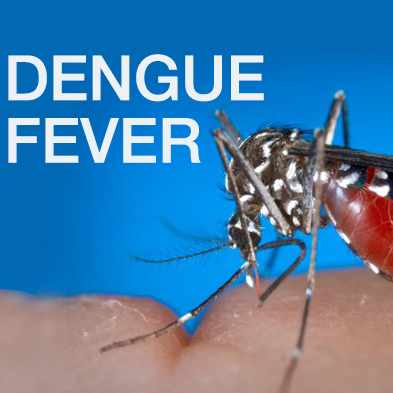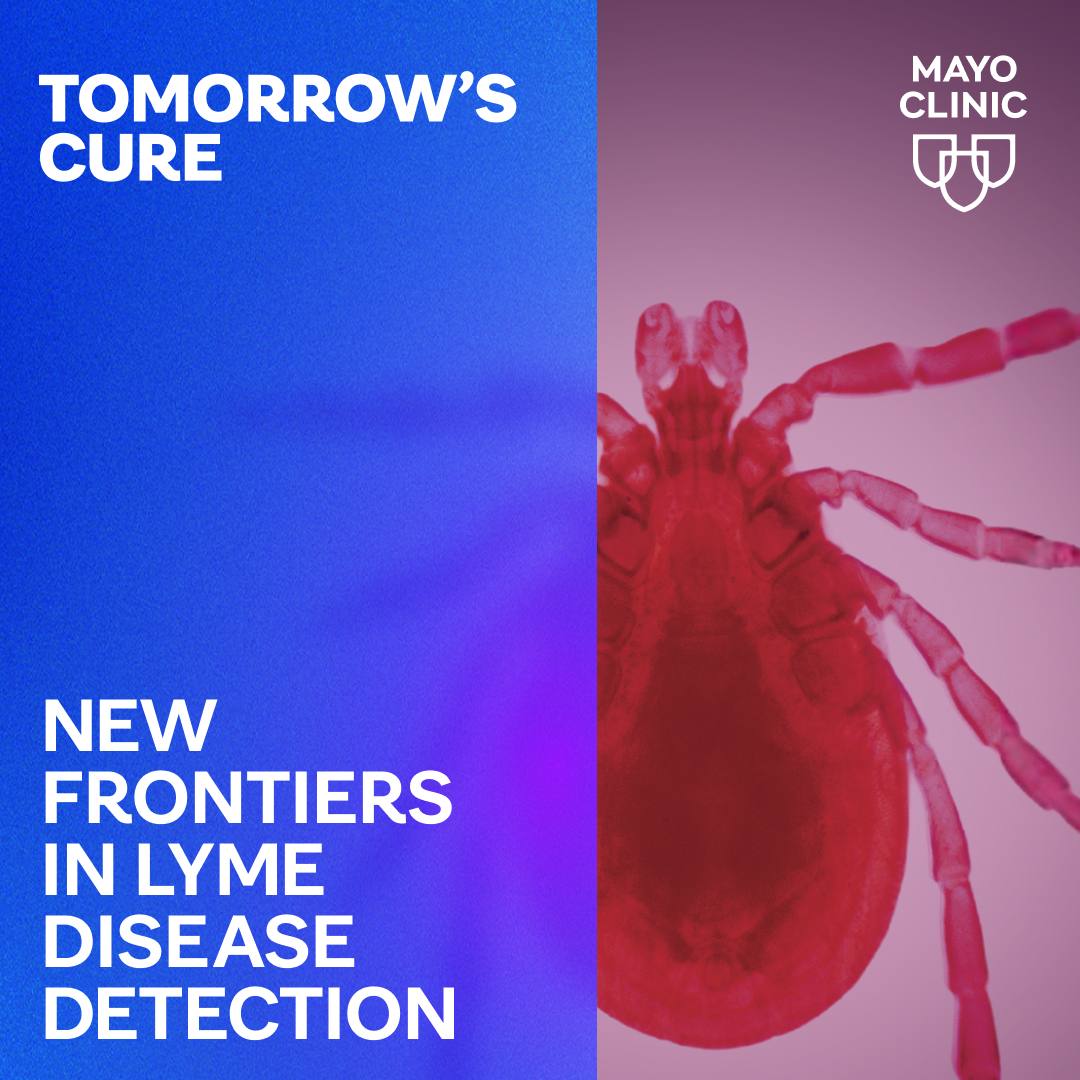-
CDC links hepatitis A outbreak to organic strawberries: Learn about the virus

Organic strawberries have been linked to a multistate hepatitis A outbreak. The Centers for Disease Control and Prevention (CDC) says a dozen people have been made ill by the strawberries in California, Minnesota and North Dakota.
Hepatitis A outbreaks have become more widespread in the U.S. These outbreaks originate from food contamination and person-to-person transmission.
"Hepatitis A is a highly contagious virus that can cause infection and inflammation in the liver," says Dr. Stacey Rizza, an infectious diseases specialist at Mayo Clinic. "It's transmitted through food and water, and through an oral-fecal route."
The CDC reports more than 44,200 cases in 37 states since the outbreaks were first identified in 2016.
Watch: Dr. Stacey Rizza talks about the hepatitis A virus.
Journalists: Broadcast-quality soundbites are available in the downloads at the bottom of the post. Please courtesy: "Mayo Clinic News Network."
"Hepatitis A is a self-limited infection in contrast to some other viral hepatitis," says Dr. Rizza. "You can get very sick but eventually clear the infection without treatment because, unfortunately, there is no treatment for hepatitis A."
While there is no treatment, the virus can be prevented with a highly effective vaccine. The vaccination is typically given in two doses. The first vaccination is followed by a booster six months later.
It's recommended that these people be vaccinated for hepatitis A:
- All children at age 1, or older children who didn't receive the childhood vaccination.
- Anyone age 1 year or older who is homeless.
- Infants ages 6 to 11 months traveling internationally.
- Family and caregivers of adoptees from countries where hepatitis A is common.
- People in direct contact with others who have hepatitis A.
- Laboratory workers who may come into contact with hepatitis A.
- Men who have sex with men.
- People who work or travel in parts of the world where hepatitis A is common.
- People who use any type of illicit drugs — not just injected ones.
- People with clotting-factor disorders.
Adults could have no symptoms of infection, or symptoms could be severe and come on suddenly. It may take two weeks or longer to show symptoms after coming into contact with the virus. Children generally do not have symptoms.
Symptoms and complications from hepatitis A include:
- Fatigue.
- Sudden nausea and vomiting.
- Abdominal pain or discomfort.
- Clay-colored bowel movements.
- Loss of appetite.
- Low-grade fever.
- Dark urine.
- Joint pain.
- Yellowing of the skin and the whites of your eyes.
- Intense itching.
"In very rare cases, hepatitis A can kill you. You can actually go into fulminant liver failure, and if you don't recover from the liver failure, you could die. That is a minority of the cases. Usually, people become very sick, can be very symptomatic, but eventually clear the infection themselves," says Dr. Rizza.
Related Articles







